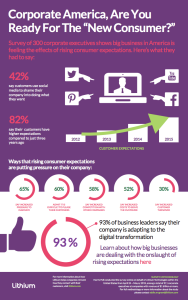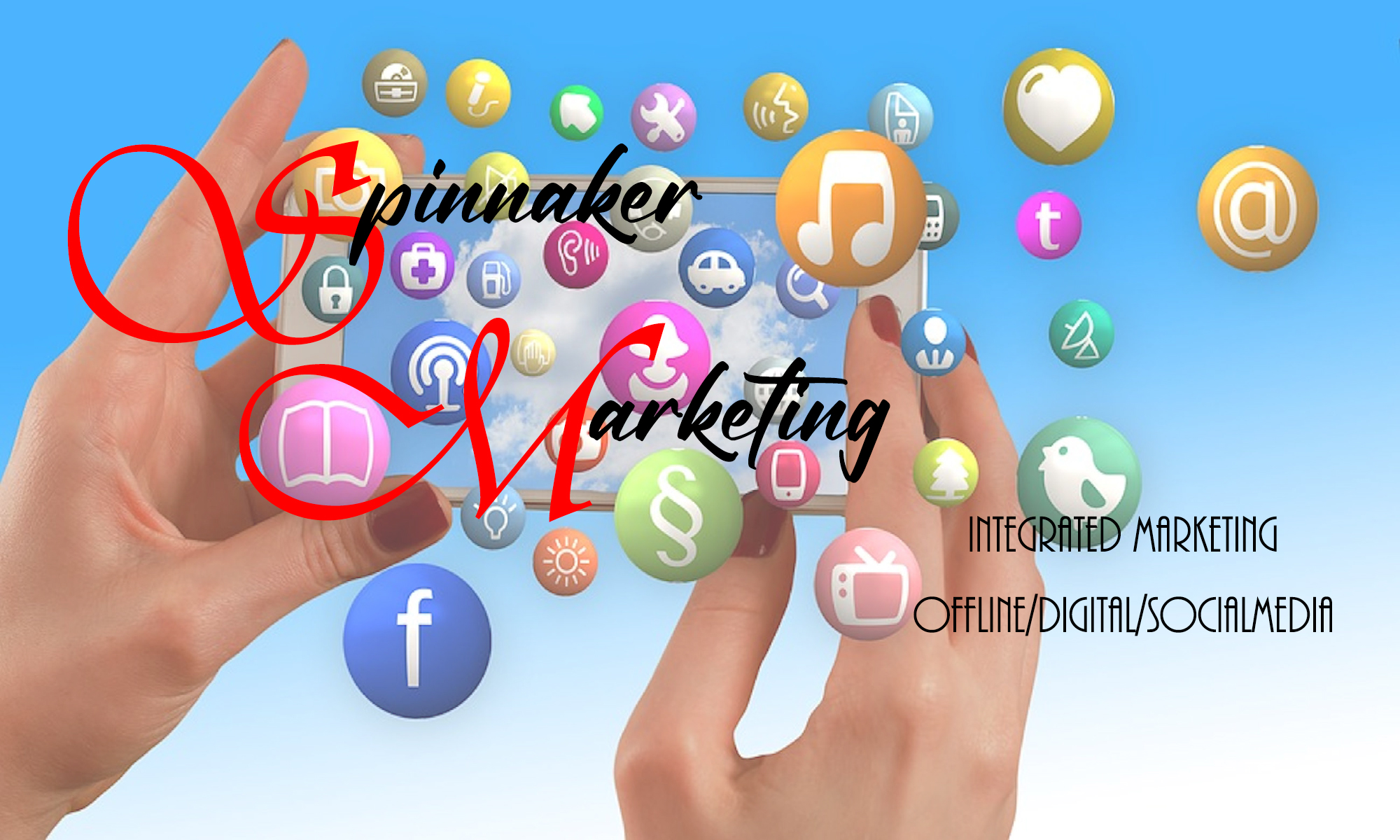 According to a recent survey of over 300 executives of companies with revenue of at least $1B, by Harris Poll for Lithium Technologies, increasingly businesses feel the pressure on social media to improve services, products and quality of service
According to a recent survey of over 300 executives of companies with revenue of at least $1B, by Harris Poll for Lithium Technologies, increasingly businesses feel the pressure on social media to improve services, products and quality of service
In the study, 42 percent of those surveyed say that consumers have shamed their company or brand on social media and 82 percent of business leaders say that customers’ expectations have risen in the past three years.
According to Bob Tarkoff, president and CEO of Lithium Technologies, consumers not only use the web to find and share information, reviews and tips, they also use the web to push organizations to improve their products and services as well as shaming them into solving their customer service issues and impacting their brands
With social media, organizations have a unique opportunity to harness consumer feedback, both positive and negative, to involve consumers and customers in the product development process and keep them engaged and time and again, studies have shown that engaged consumers are more likely to embrace the product or service and become evangelists.
At the same time businesses should not shy away from negative comments and use them as an opportunity to polish and improve their brand perception by delivering excellence in customer service on social media, an area where most companies still fail to meet expectations
A study from the Northridge Group shows that 26% of consumers use social media for complaints as a last recourse and at that point, they are already pass the boiling point and any issue, even benign has the potential to develop into a crisis and will require careful handling. (see my previous post about United flight 958)
Other key findings from the study:
- 93 percent of business leaders say their company is adapting to the digital transformation
- 65 percent say they increased pressure to innovate
- 58 percent say they increased competition with other companies
- 52 percent say they increased costs to serve the customer
- 30 percent say they increased customer turnover
- 29 percent say they slowed revenue growth
- 28 percent say they increased the amount of discounts their company provides to customers
- 17 percent say they reduced their market share
